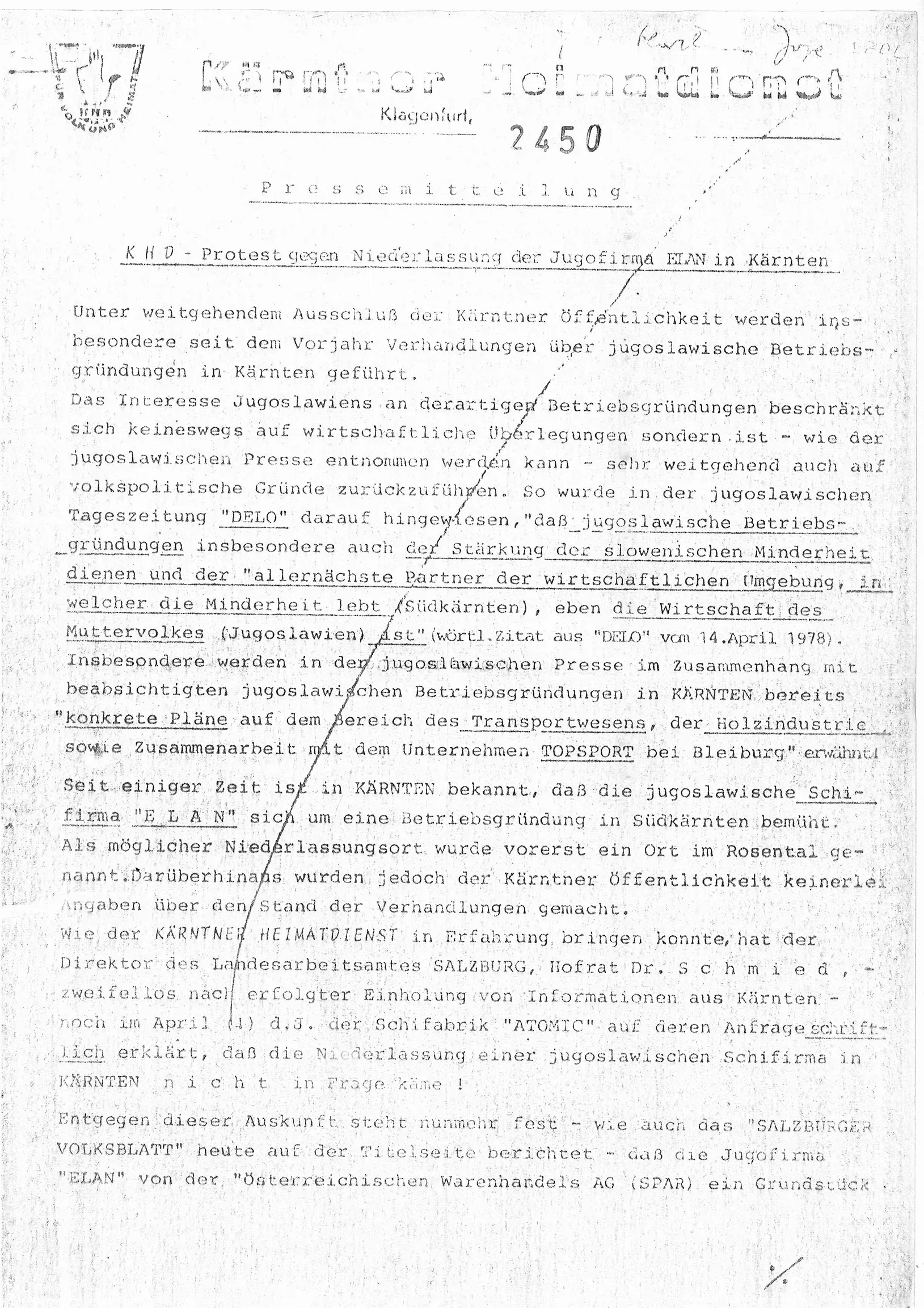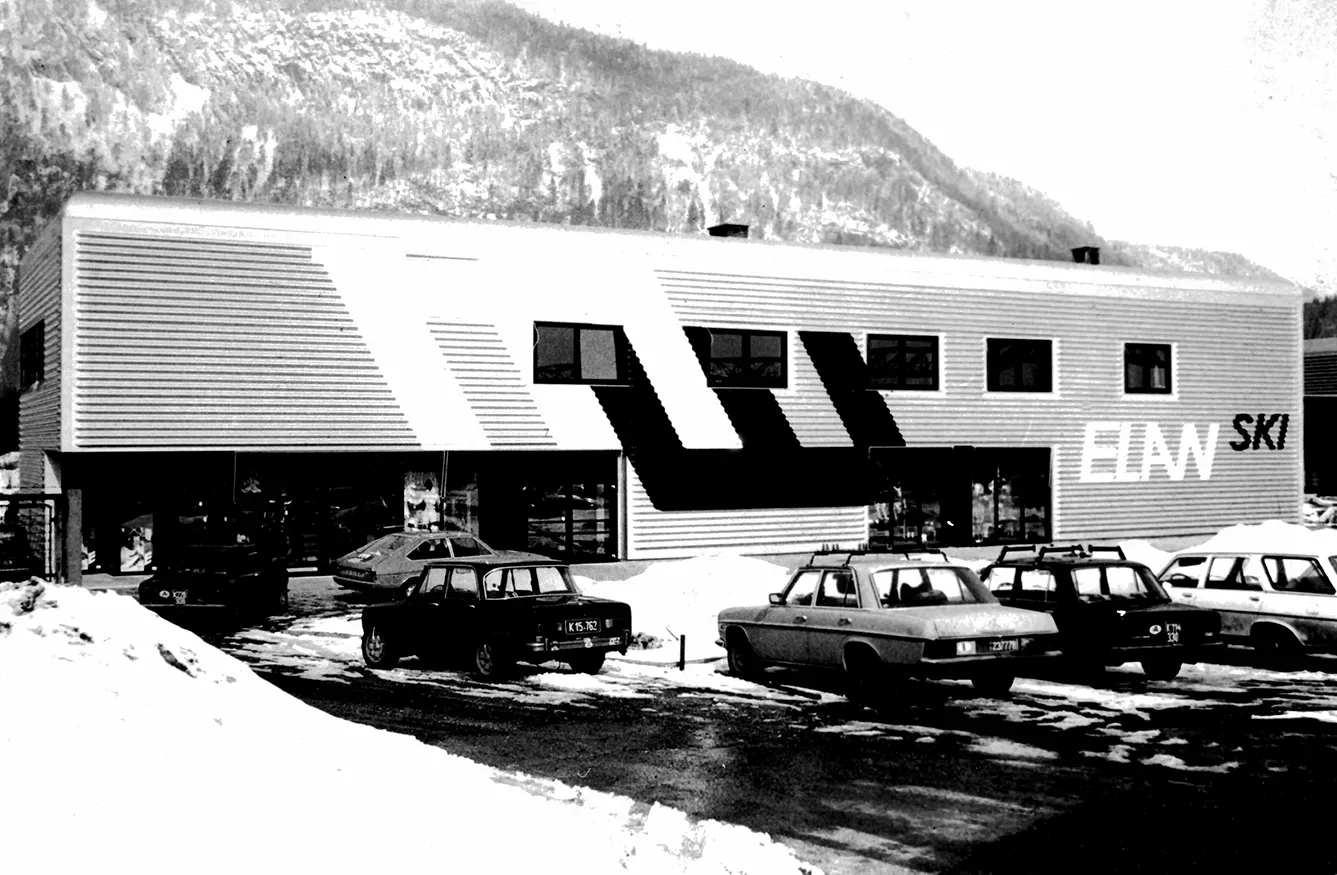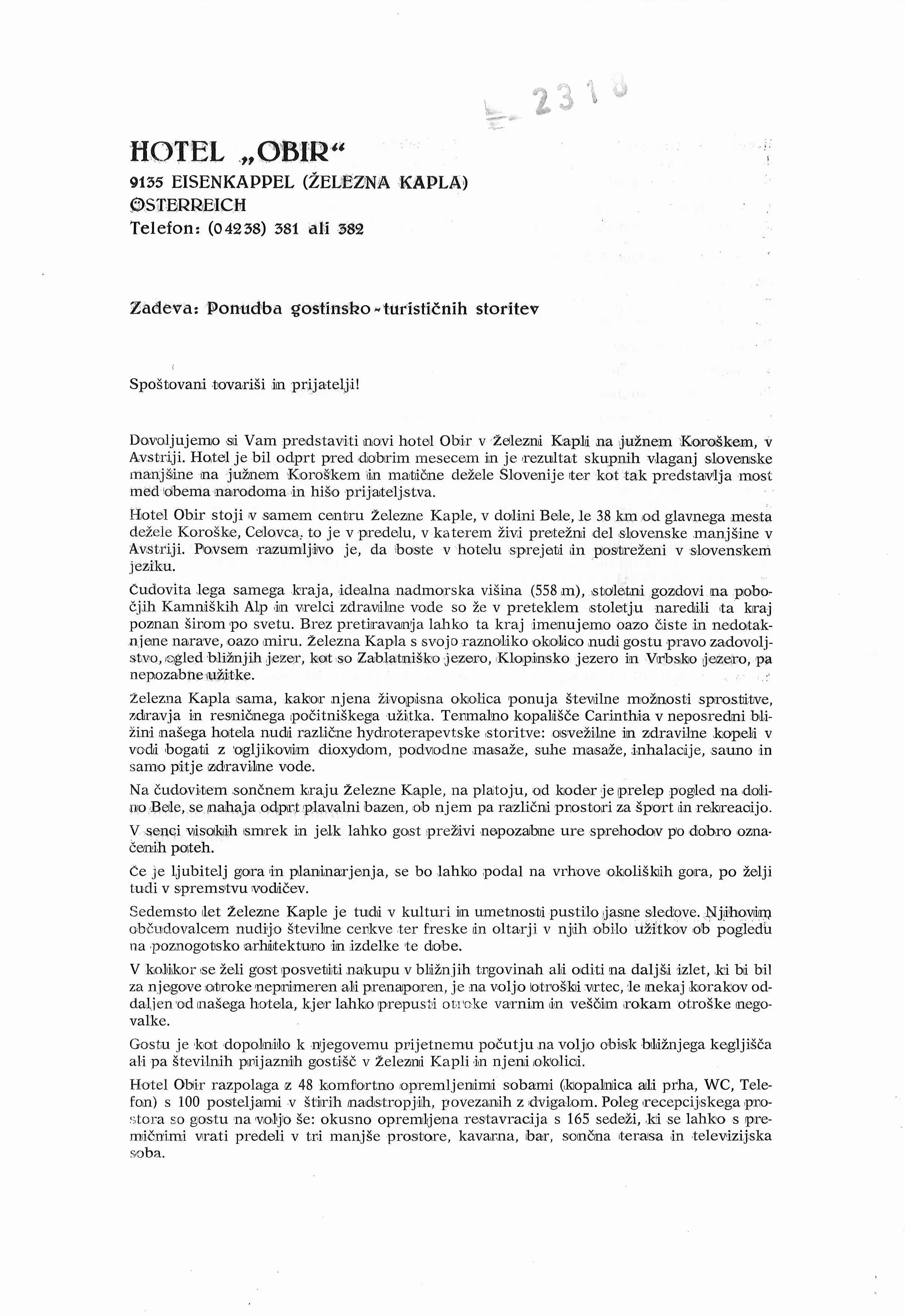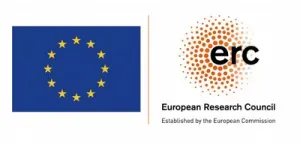he flow of capital across ideological divides was not an entirely unknown phenomenon during the Cold War. Its route usually led from capitalist countries to joint-ventures in socialist countries. In the 1970s and 1980s, however, the reverse was the case, with socialist Yugoslavia deciding to invest in capitalist Austria. This decision was dictated by the intention to create jobs in the area of Carinthia, which was populated by a Slovenian minority. At the same time, this programme was conceived as a new channel for deepening cross-border economic cooperation.
The ambitious plan to invest in modern industrial and service facilities throughout ethnically mixed southern Carinthia met with mixed reactions in both Klagenfurt and Vienna. Despite the obstacles, by the end of the 1980s more than 20 enterprises with 800 employees, mainly from the local population, had been set up. For the few managers who came from Yugoslavia, operating at the intersection of two political and legal systems brought valuable international economic experience. However, like many Slovenian enterprises, these companies did not escape the transition and stagnation of the 1990s.
People
People
A press release issued in 1978 by Kärntner Heimatdienst, a regional nationalist group, opposing Yugoslav investment on political grounds.





